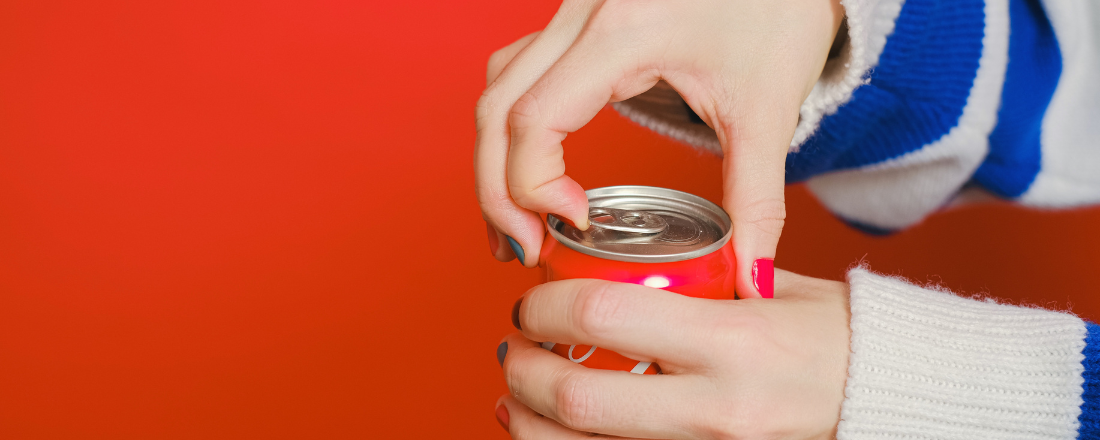
In the News
Some States Crack Down on Alcohol That Looks Like Juice
- Business Insider
-
Issues
Alcohol -
Expertise
Research – Quantitative, Research – Surveillance, Research – Survey -
Programs
Alcohol Research Group

“Two states are cracking down on alcoholic beverages that they say could be mistaken for juice, especially by parents looking for something suitable for their kids.
Multiple beverage companies have introduced boozy versions of longstanding non-alcoholic drinks. Molson Coors worked with Coca-Cola last year to release Simply Spiked, a line of beverages that takes the fruit juice brand owned by Coke and adds alcohol. There’s also SunnyD Vodka Seltzer, made by Harvest Hill Beverage Company and on shelves since March, as well as Hard Mountain Dew, which is made by PepsiCo and the Boston Beer Company.
The boozy beverages often use the same logos and other branding as their kid-friendly counterparts, though with additions like the word “spiked” and information like the alcohol content, the Wall Street Journal reported on Saturday. Regulators in two states say the beverages are similar enough that they need to be placed far away from each other at stores.
The Illinois Liquor Control Commission issued a rule in May that instructed retailers to put the alcoholic beverages far away from the original ones, according to the Journal. In some cases, the beverages had been placed next to the non-alcoholic versions at stores. The Journal also cited one instance where cans of Hard Mountain Dew were stocked next to Hot Wheels toys.
“We were really concerned that busy parents, busy caregivers, busy shoppers, as they traversed the marketplace, were inadvertently grabbing the wrong thing,” Lisa Gardner, executive director of the Illinois Commission, told the Journal. Virginia enacted a similar law in July.
Drinks like Hard Mountain Dew and SunnyD Vodka Seltzer have drawn criticism from consumer advocacy groups and public health experts for years. Sugary and fruity alcoholic beverages, such as White Claw hard seltzer, began to gain popularity at the end of the last decade.
Besides potentially causing confusion, the beverages’ sweet tastes make it easy to down one — or several — compared to traditional alcoholic beverages like beer.”

The carbonation and sugar content can make it taste like you aren't drinking alcohol.Pamela Trangenstien, PhD
Alcohol Research Group, Public Health Institute
To read the full article, click on the link below.
Originally published by Business Insider
More Updates
Work With Us
You change the world. We do the rest. Explore fiscal sponsorship at PHI.
Support Us
Together, we can accelerate our response to public health’s most critical issues.
Find Employment
Begin your career at the Public Health Institute.



